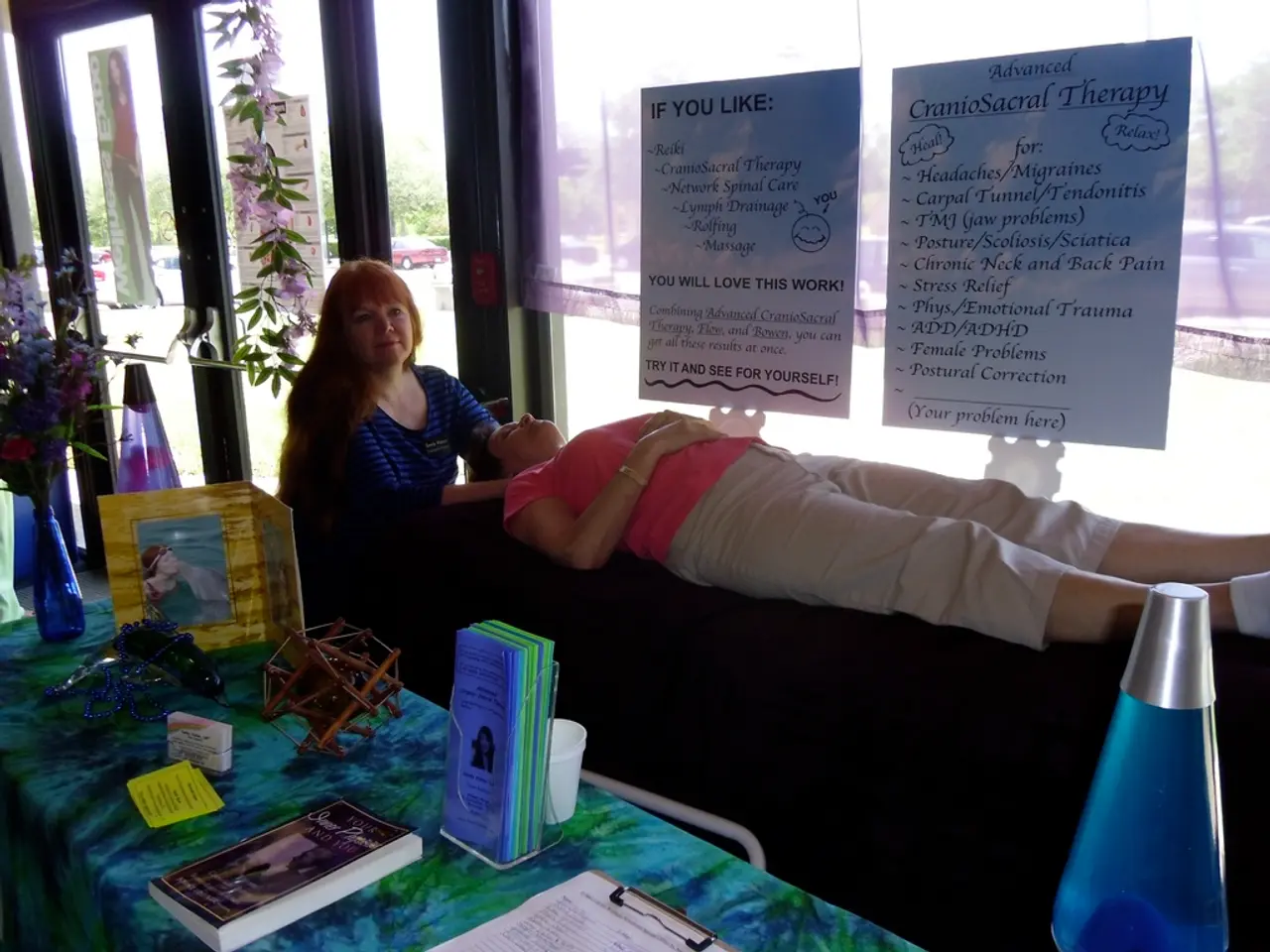Dementia Fighter Gatherings: Insight into Unconventional Support Groups for Alzheimer's Caregivers
In a disturbing incident reported by The Washington Post in December 2019, three caretakers at Danby House, an assisted living facility in Winston-Salem, North Carolina, were charged for organizing a makeshift fight club among dementia patients under their care. This incident, while shocking, highlights the urgent need to reevaluate and reinforce laws to protect elderly individuals with cognitive impairments.
The stress and emotional toll of caring for individuals with dementia can sometimes drive caregivers to adopt disturbing activities as an outlet. Recognizing the emotional taxing nature of caring for individuals with dementia and the potential for caregivers to develop mental health issues is crucial.
The legal consequences for caregivers involved in such incidents are severe. In the North Carolina case, assault charges were pressed against the three caretakers. However, the incident prompted a broader examination of the legal framework surrounding elder abuse and dementia.
Federal laws like the Elder Justice Act and state regulations provide a legal framework to prevent the abuse of dementia patients. Yet, the nuanced nature of dementia complicates the legal landscape, making it essential to strengthen legal safeguards. Enhancing legal safeguards, both in terms of elder abuse laws and specific regulations for dementia care, is imperative.
Measures to prevent aggressive behavior ("dementia fight clubs") and protect dementia patients in care facilities focus on prevention, person-centered care, and appropriate response.
Prevention of aggression involves identifying and minimizing triggers by understanding the person’s life history, personality, and preferences. Maintaining physical activity and exercise, using calming, familiar environments, and activities can also help reduce agitation and aggression.
Person-centered care involves developing individualized care plans focused on remaining abilities and strengths, understanding the resident’s background deeply, and training staff in communication strategies that are empathetic and patient-centered.
Responding to aggression requires training staff systematically and repeatedly to respond calmly and safely to aggressive outbursts, using team-based approaches, and ensuring safety protocols are in place.
Broader preventive measures for dementia include encouraging lifestyle interventions such as physical activity, nutrition, cognitive training, and mental health support to reduce overall dementia risk.
Providing adequate mental health support for caregivers is essential in maintaining the well-being of both the caregivers and the individuals under their care. Understanding the psychosocial factors that may contribute to caregiver abuse is essential for addressing the root causes.
Creating a supportive environment for caregivers, addressing training gaps, and societal responsibility are crucial for preventing future incidents. Recognizing signs of abuse and promptly reporting suspicions to authorities is essential for protecting elderly individuals. If you suspect abuse in an assisted living facility or nursing home, promptly contact local law enforcement and adult protective services.
- Caregivers, due to the emotional stress of dementia care, may unintentionally resort to disturbing activities. Mental health support for caregivers is essential to maintain their well-being and prevent potential abuse.
- The Washington Post reported on a shocking incident where three caretakers organized a makeshift fight club among dementia patients at Danby House, an assisted living facility, illustrating the need for stricter laws to protect elderly individuals with cognitive impairments.
- In the aftermath of this case, attention has been drawn to the legal framework surrounding elder abuse and dementia. Enhancing legal safeguards is crucial for preventing incidents of this nature.
- In addition to the existing federal laws like the Elder Justice Act and state regulations, a focus on person-centered care, identifying triggers, and response strategies can help protect dementia patients in care facilities, and broader preventive measures like lifestyle interventions can help reduce overall dementia risk.




